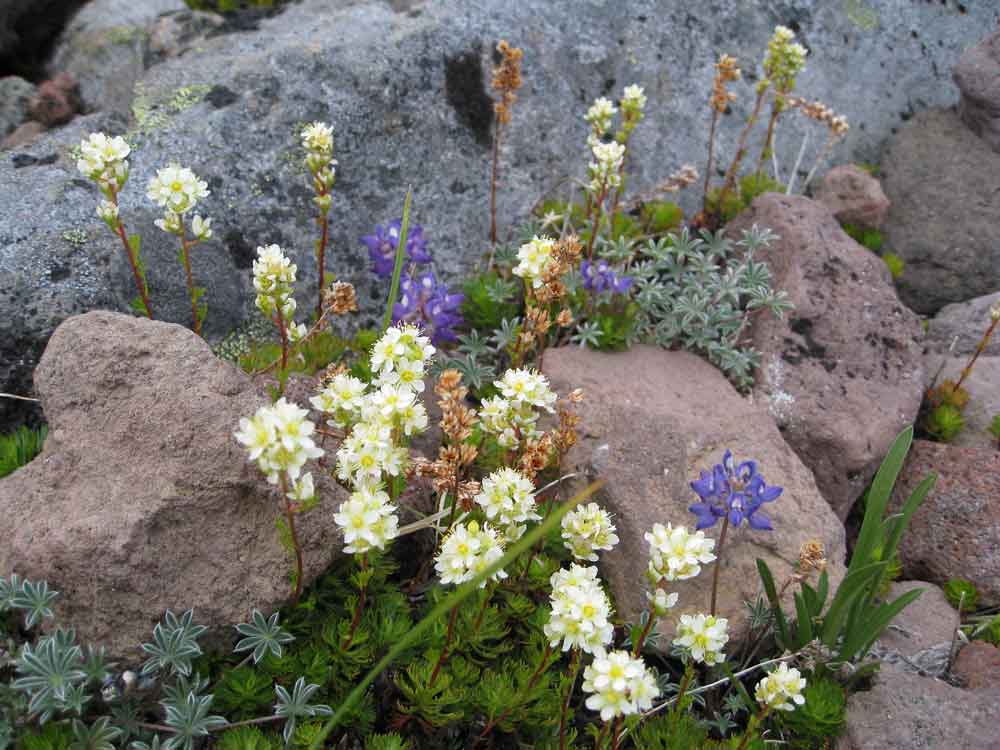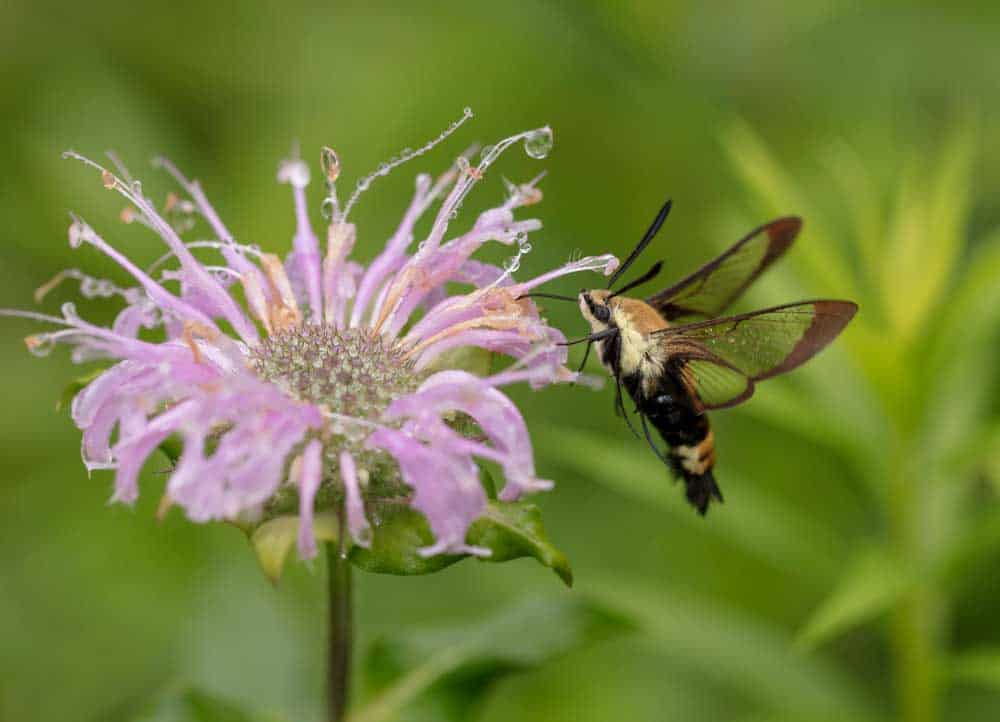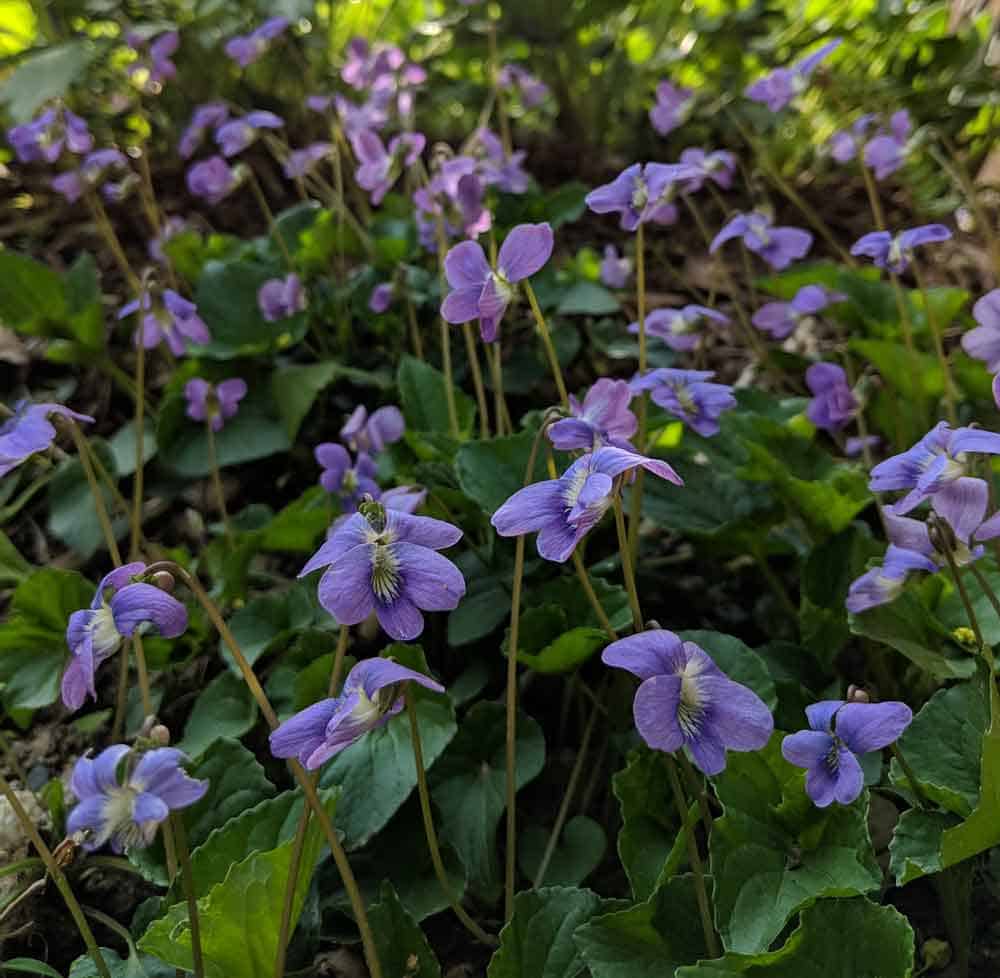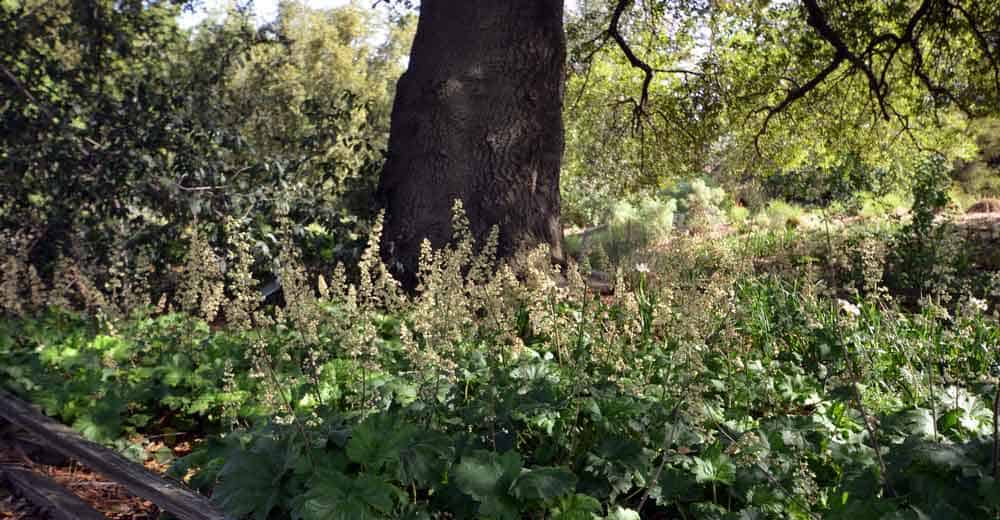Locally evolved plants are where it’s at when it comes to designing a thriving, toxin-free garden or landscape. Let me share 10 surprising reasons why you should choose them for your garden.
#1: Incredible Water Savers
Native plants are real champions when it comes to water conservation, often requiring up to 70% less water than non-native species (and saving even more when compared to lawns). Take the purple coneflower (Echinacea purpurea), for example; it thrives with minimal watering, making it perfect for sustainable gardening.
#2: Easy Care

As you learn more about how communities of plants thrive and fill a space, you’ll also begin to appreciate the act of letting go. Nature doesn’t need or want too much order. Imagine spending less time on garden chores and more time enjoying the beauty around you. Native plants are accustomed to their local environment, which translates into significantly less pruning, fertilizing, and emergency care. Even if you like to putter, you get to putter at your own pace.
#3: No Chemicals Needed
Go green in every way by ditching the chemicals. Native plants naturally resist pests and diseases, which means you can keep your garden organic and safe for everyone, from kids to pets, to enjoy.

#4: Boost Local Wildlife
By planting natives, you’re setting up a welcome mat for a variety of wildlife, from local residents to migratory animals. Locally evolved plants provide crucial habitats and food sources for bees, butterflies, birds, and more. Native oaks, for example, support hundreds of caterpillar species, vital for many bird populations when raising their young.
#5: Natural Erosion Control
With their deep and robust root systems, native plants are excellent at keeping soil in place, protecting your garden from erosion and keeping the landscape stable and beautiful. These roots also act as a sort of “underground mulch,” keeping invasive plants from getting a foothold.
#6: Weather Hardy
Locally evolved plants are the ultimate survivors, well-adapted to handle your local climate’s ups and downs, and closely tied to other wildlife when it comes to seasonal changes. Whether it’s a dry spell or a cold snap, they thrive with minimal intervention.

#7: Environmental Champions
These plants do more than just look pretty; they cool the air, clean the water, and can even help reduce noise pollution. A landscape filled with native plants rather than rock or bark mulch also keeps air temperatures more stable. A thriving native plant community does environmental good even while no one is looking.
#8: Celebrate Local Heritage
Planting native species is a wonderful way to connect with the natural heritage of your region. It’s like having a living, breathing piece of local history right in your backyard. Shouldn’t Virginia look like Virginia, and Colorado look like Colorado? We think so, and the animals that live here probably prefer it to.

#9: Disease and Pest Resistance
Native plants have built-in defenses against local pests and diseases. This means healthier plants and a more robust garden without any extra effort from you. The locals are pros at fending off diseases and pests that could otherwise wreak havoc on your garden, and they are less likely to spread pathogens that could endanger butterflies, birds, and other wildlife.
#10: Benefitting the Food Web
By choosing native plants, you become part of a longer-term shift toward healthier soil, strengthening the interdependence of plants and animals in the landscape, preventing the spread and contributing to the breakdown of persistent chemicals, and building the foundation for the broader health of your local ecosystem. Each plant you add contributes to biodiversity and has long-lasting positive impacts.
So, grab your gardening gloves and join us in digging the world of native plants! Your garden—and the local community, both humans and animals—will thank you for it!
